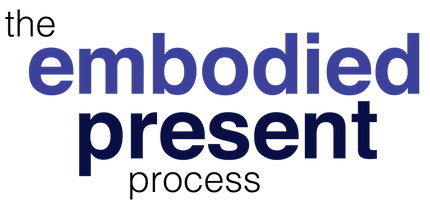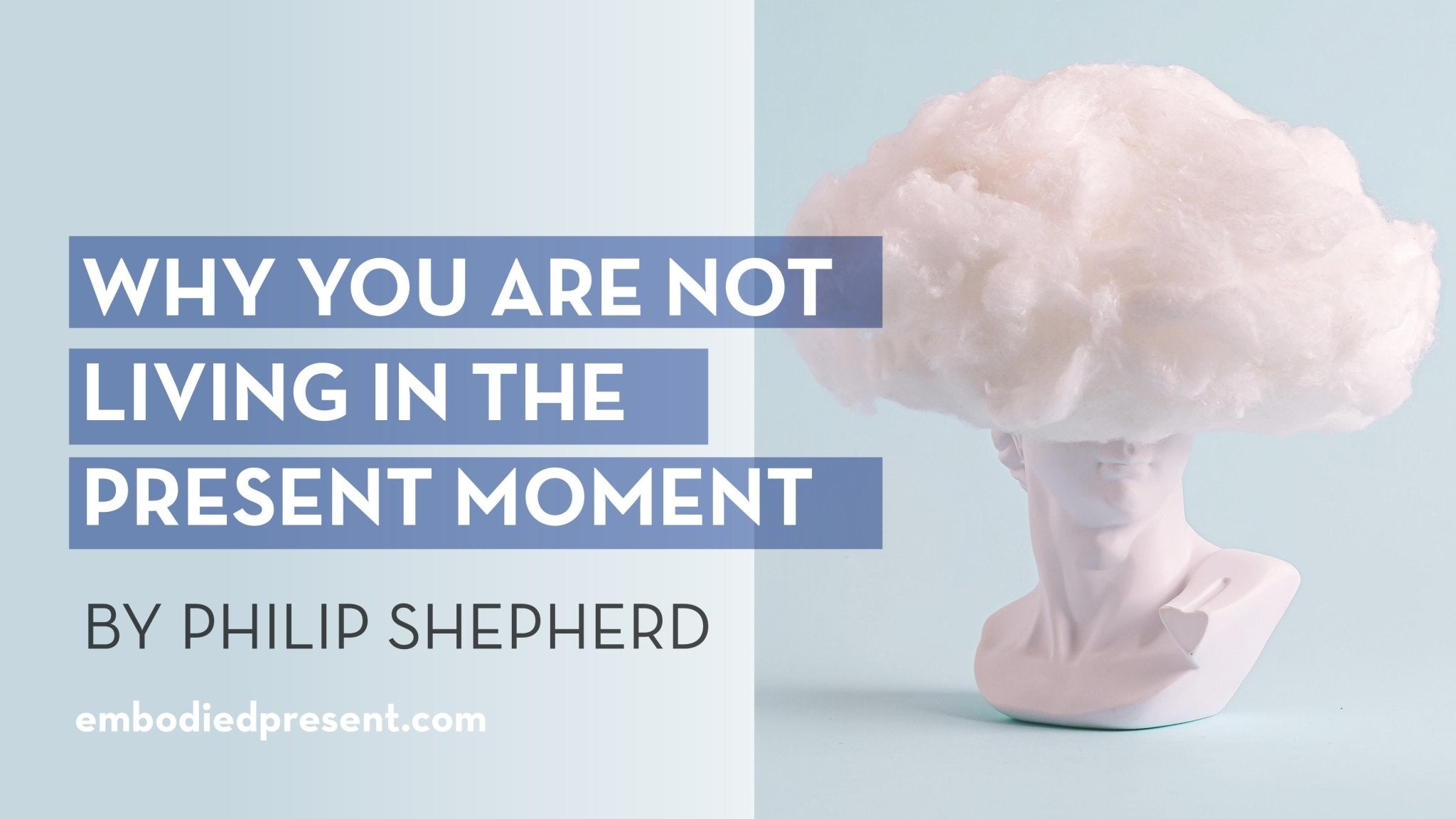Neurological Pathways in a very Unlikely Place.
By Philip Shepherd Philip Shepherd is the author of ‘New Self , New World ’, a book that among other things, looks at the importance of our ‘second brain’. Scientists recognise that a web of neurons lines our stomach and a field of medicine call ed ‘neurogastroenterology’ is dedicated to study ing it. To help us take advantage of this forgotten brain, Shepherd looks at how we can open our intelligence to a new way of being that calms the busy one in our heads. The language, customs, architecture and hierarchies we live with aren’t arbitrary creations. They embody and uphold certain assumptions, which invisibly guide our thinking and our actions. Once you identify and question such assumptions, though, everything shifts and you begin to see with fresh eyes and act with renewed clarity. One of the big assumptions we live by is that knowledge will save us. Whatever problem we face, we feel that if we can just get the facts right, we’ll find the right solution. There’s no question that knowledge can illuminate a situation, but something is amiss. If it were true that knowledge could save us, our world would be in much better shape now than it was five hundred years ago, as our knowledge is exponentially greater. Yet even our individual lives can be driven to distraction as we try to figure out and stick to the right diet, the right amount of exercise, the right career path etc. We are missing half the picture. If the type of knowledge we use isn’t matched by an equal measure of self-knowledge, it can become harmful – promoting things like devoting oneself to acquisition. Knowledge is a self-centred understanding of the world, a possession. The journey to knowledge is fuelled by the promise of ‘what might be’. Self-knowledge on the other hand, isn’t something you possess independent of the world – it is something the world illuminates within you as you come more deeply into relationship with it. You might say that self-knowledge is a world-centred understanding of the self, fostered by the journey that brings us into a ‘felt relationship’ with ‘what is’.But we’ve been neglecting the body’s genius for this. Other cultures find it normal to think with their bellies; we find it normal to think with our heads. Yet, it wasn’t always that way. Thousands of years ago, we too experienced our thinking in the belly – exactly where our ‘second brain’ is.
WE ALL HAVE AN INDEPENDENT, HIGHLY SOPHISTICATED BRAIN IN THE GUT THAT THINKS, ACTS, DECIDES AND REMEMBERS, WITHOUT NEEDING ANY HELP FROM THE CRANIAL BRAIN.
Knowledge is acquired by the head, but self knowledge is birthed in the body. Once you understand that, you can come home to yourself in a completely different way. You can allow the centre of your awareness to migrate out of the head and drop down through the body to rest deep in your being. The exercise here will help you achieve that. As you surrender to the guidance of the present, you’ll feel it as keenly as a surfer feels the wave beneath her feet.
Philip will be teaching workshops in Dublin and Galway in early November. His book, New Self New World is available from Amazon. philipshepherd.com






Leave a comment